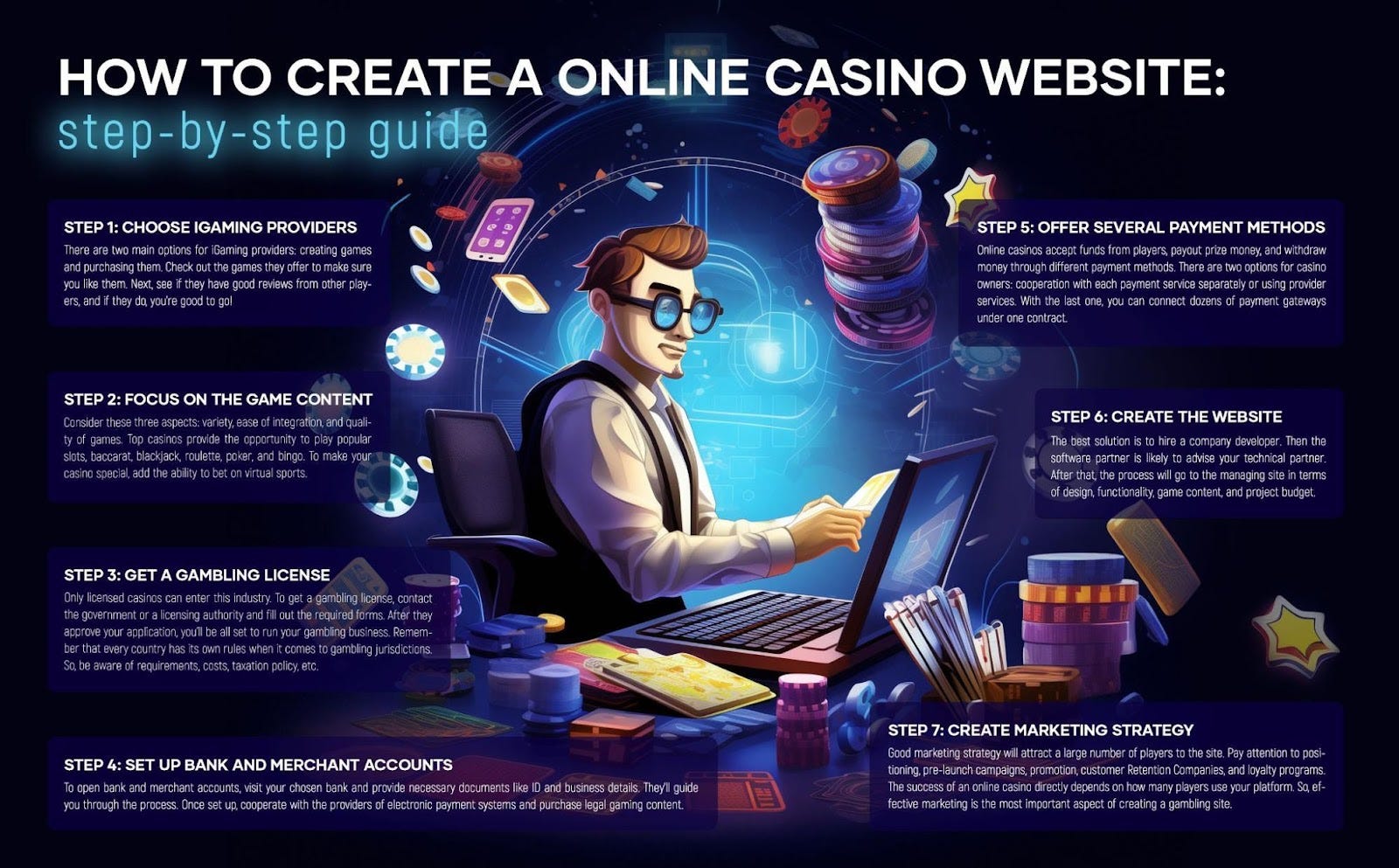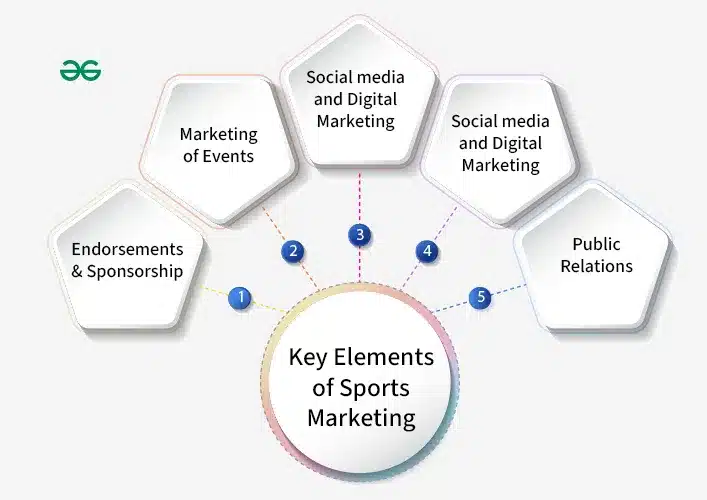Licensing stands out in sport marketing. It has distinct advantages over other strategies.
Sport marketing strategies come in various forms, each with unique benefits. Licensing, however, offers a unique edge by allowing brands to use team logos, names, and likenesses. This method can boost brand visibility and fan engagement like no other. Understanding how licensing works and its distinct benefits can help businesses make better marketing decisions.
This blog will explore the differences between licensing and other sport marketing strategies. We’ll dive into how licensing can build stronger connections with fans and elevate brand presence. By the end, you’ll have a clear grasp of why licensing can be a powerful tool in the sports marketing arsenal.
Introduction To Sport Marketing
Licensing in sport marketing involves granting permission to use a team’s logo or player image. It differs from other strategies like sponsorship, which focuses on brand exposure. Licensing creates additional revenue streams through branded merchandise.
Sport marketing is a dynamic field that promotes sports teams, events, and athletes. It involves creating strategies to engage fans and increase revenue. Sport marketing includes advertising, promotions, sponsorships, and media relations.
Key Concepts
Sport marketing focuses on understanding the target audience. Marketers study fan preferences and behaviors. They use this data to create effective campaigns. Branding is another key concept. Teams and athletes need strong brands to attract fans and sponsors.
Importance In The Sports Industry
Sport marketing is vital for the growth of the sports industry. It helps teams and events gain visibility and attract fans. Effective marketing increases ticket sales and merchandise revenue. Sponsorship deals also play a significant role. Brands want to associate with popular teams and athletes. This association benefits both the brand and the sports entity. Marketing strategies also keep fans engaged. Engaged fans are more likely to attend games and buy merchandise. “`
Defining Licensing In Sports
Licensing in sports involves granting permissions to use a team’s logo or name. It differs from other marketing strategies by focusing on legal agreements. This approach protects brand integrity while generating revenue through merchandise sales.
Licensing in sports is a key strategy for many organizations. It involves granting permission to use a brand or logo. This permission is often given to manufacturers or retailers. They can then produce and sell products with the sports brand. Licensing can create new revenue streams. It also helps in brand promotion and fan engagement.
What Is Licensing?
Licensing is a legal agreement. The owner of a brand allows another party to use it. This usage is often for a specific purpose and time. In sports, this could mean using a team’s logo on merchandise. Licensing is different from other marketing strategies. It focuses on brand use and legal rights.
Common Examples
There are many examples of licensing in sports. A popular one is sports apparel. Companies like Nike or Adidas often license team logos. They put these logos on jerseys, hats, and other items. Video games are another example. Games like FIFA or Madden use real team names and player likenesses. This requires licensing agreements. Collectibles and memorabilia also fall under licensing. These include items like trading cards, posters, and autographed merchandise. “`
Licensing Vs Sponsorship
In the world of sports marketing, licensing and sponsorship are two prominent strategies. Though they might seem similar, they have distinct differences. Both aim to boost brand visibility and revenue, yet they operate in unique ways.
Core Differences
Licensing involves granting permission to use a brand’s logo or name. This is often for merchandise, apparel, or other products. Companies pay a fee or royalty for this right. Sponsorship, on the other hand, means providing financial support to an event or team. In return, sponsors get advertising space or brand mentions.
Licensing focuses on products. Sponsorship focuses on events or teams. Licensing often leads to long-term partnerships. Sponsorships can be short-term or event-specific.
Benefits Of Each
Licensing helps brands reach new markets through various products. It can drive significant revenue from merchandise sales. It also enhances brand recognition and loyalty.
Sponsorship provides direct exposure to a target audience. It can boost brand credibility by associating with popular teams or events. It also offers unique promotional opportunities, like logo placement on jerseys.

Credit: fastercapital.com
Licensing Vs Endorsements
Licensing and endorsements are two popular sport marketing strategies. Both help brands gain visibility and trust. But they work in different ways. Let’s explore the differences under the subheading: Licensing vs Endorsements.
Key Characteristics
Licensing involves allowing another company to use a brand’s logo, name, or image. This usually happens in exchange for a fee. For example, a sports team might license its logo to be used on merchandise like t-shirts or hats. This helps the team earn money and increase its visibility.
Endorsements involve athletes or celebrities promoting a product. They might wear a brand’s gear, use their products, or appear in ads. The goal is to leverage the celebrity’s popularity to boost sales.
Impact On Brand Image
Licensing can strengthen a brand’s presence. People see the logo on various products and remember it. This can build loyalty. But it is crucial to choose the right partners. Poor quality products can damage the brand’s image.
Endorsements can create a strong connection with fans. Seeing a favorite athlete using a product can drive sales. But there are risks. If the endorser gets involved in scandals, it can hurt the brand’s reputation.
| Aspect | Licensing | Endorsements |
|---|---|---|
| Usage | Brand’s logo/name on products | Celebrity promoting products |
| Revenue | License fees | Sales boost |
| Risk | Quality control | Celebrity scandals |
Licensing Vs Merchandising
Licensing and merchandising are key strategies in sports marketing. Both have unique approaches and benefits. They may seem similar, but they serve different purposes. Understanding these differences can help in maximizing revenue. Let’s explore how licensing differs from merchandising.
Comparison Of Strategies
Licensing involves granting permission to use a brand’s logo, name, or image. It allows other companies to produce and sell products with the brand’s identity. The sports brand earns royalties from these products. In contrast, merchandising involves creating and selling branded products directly. Sports teams or organizations control the production and sales process. They handle everything from design to distribution.
Revenue Generation
Licensing generates revenue through royalties. Sports brands earn a percentage of sales from licensed products. This method involves less risk and investment. The licensee handles production and marketing costs. Merchandising generates revenue through direct sales. The sports brand manages production, marketing, and distribution. This approach can yield higher profits but involves more risk and cost.
Advantages Of Licensing
Licensing offers unique benefits in sports marketing. It provides opportunities for brand expansion and consumer engagement. This makes it a valuable strategy. Let’s explore the advantages of licensing in detail.
Brand Expansion
Licensing allows brands to grow without huge investments. It gives brands access to new markets and audiences. This helps increase brand visibility. For sports teams, this means more fans and followers. Licensed products can reach different regions and demographics. This expands the brand’s influence. It also creates new revenue streams. Brands can benefit from merchandise sales and licensing fees. This helps sustain the brand financially.
Consumer Engagement
Licensing creates a direct connection with consumers. Fans can buy products that represent their favorite teams. This strengthens their loyalty. These products range from apparel to memorabilia. They allow fans to show support in various ways. Licensed merchandise also enhances the fan experience. It makes them feel part of the team. This emotional connection fosters long-term loyalty. Engaged consumers are more likely to attend games and events. They also spread positive word-of-mouth. This amplifies the brand’s reach organically.
Challenges In Licensing
Licensing is a key part of sport marketing strategies. It brings unique challenges. These challenges can impact the success of licensing deals. Understanding these challenges is important for anyone involved in sports marketing.
Legal Issues
Legal issues can be complex in licensing. Intellectual property rights are at the core of licensing agreements. Misunderstanding these rights can lead to costly disputes. Brands must ensure they have the legal right to license their products.
Contracts are another area of concern. Licensing agreements need to be clear and detailed. Ambiguities in contracts can cause legal battles. Both parties should seek legal advice before signing an agreement.
Regulations vary by region. What is legal in one country may not be legal in another. This adds another layer of complexity. Brands need to understand local laws and regulations.
Market Saturation
Market saturation is another challenge in licensing. Too many licensed products can flood the market. This can reduce demand and hurt sales. Oversaturation can lead to consumer fatigue.
Brands need to find the right balance. They should focus on creating unique and high-quality products. This can help maintain consumer interest and demand.
Competition is also a factor. Many brands compete for the same market share. Standing out in a crowded market is difficult. Effective marketing strategies are needed to gain an edge.
Keeping these challenges in mind can help brands navigate the complex world of licensing. By addressing legal issues and avoiding market saturation, brands can improve their chances of success.

Credit: plainenglish.io
Successful Licensing Case Studies
Successful licensing case studies reveal the power of strategic partnerships in sports marketing. Licensing allows brands to leverage established icons, creating win-win scenarios. It extends the reach of both the licensor and the licensee, amplifying brand awareness and driving revenue. Below are some iconic examples and lessons learned from successful licensing deals in sports.
Iconic Examples
One of the most notable licensing deals in sports history is the partnership between Nike and Michael Jordan. The Air Jordan brand revolutionized the sneaker industry. It generated billions in revenue and cemented Jordan’s legacy beyond the basketball court.
Another example is the collaboration between FIFA and EA Sports. The FIFA video game series has become a staple for gamers worldwide. This partnership has helped both entities reach new audiences and create lasting fan engagement.
| Licensor | Licensee | Product | Outcome |
|---|---|---|---|
| Nike | Michael Jordan | Air Jordan Sneakers | Billions in revenue, iconic brand status |
| FIFA | EA Sports | FIFA Video Game | Global fan engagement, high sales |
Lessons Learned
Authenticity matters. Successful licensing deals often involve genuine connections between the brand and the athlete or organization. Consumers can sense when a partnership is purely commercial.
Longevity is key. Long-term partnerships tend to perform better. They build deeper brand loyalty and create more consistent revenue streams.
Innovation drives success. Constantly evolving the product offering keeps the audience engaged. It also helps the brand stay relevant in a competitive market.
By studying these case studies, other brands can learn valuable lessons. They can better navigate the complexities of sports licensing and create their own success stories.
Future Trends In Sport Licensing
Sport licensing has evolved significantly. With new technologies and expanding markets, the future looks bright. Here are some key trends shaping sport licensing.
Digital Innovations
Digital innovations are transforming sport licensing. Teams and leagues are leveraging digital platforms to connect with fans. Virtual products and experiences are gaining popularity.
| Innovation | Impact |
|---|---|
| Virtual Merchandise | Fans can buy virtual jerseys and wear them in online games. |
| Augmented Reality (AR) | AR allows fans to interact with digital versions of team mascots or players. |
| Non-Fungible Tokens (NFTs) | Fans can own unique digital collectibles of memorable sport moments. |
These innovations create new revenue streams. They also enhance fan engagement. Clubs can reach younger, tech-savvy audiences.
Global Market Growth
The global market for sport licensing is expanding. Teams and leagues are tapping into new regions. Asia and Africa are emerging as key markets.
- Asia: Growing middle class and love for sports make Asia a prime market.
- Africa: Increasing internet access and sports popularity drive market growth.
Globalization opens up new opportunities. Teams can expand their fan base and increase brand visibility. This leads to higher merchandise sales and sponsorship deals.
Sport licensing is not just about physical products anymore. It is about creating experiences that resonate with fans worldwide. The future of sport licensing is dynamic and full of potential.
Frequently Asked Questions
What Is Licensing In Sports Marketing?
Licensing in sports marketing involves granting permission to use a sports brand’s logo or name on products. This generates revenue and enhances brand visibility.
How Does Licensing Differ From Sponsorship?
Licensing allows use of a brand’s logo on products, while sponsorship involves financial support in exchange for brand promotion.
Why Is Licensing Important In Sports?
Licensing is important in sports as it generates significant revenue, increases brand exposure, and engages fans with branded merchandise.
What Are The Benefits Of Sports Licensing?
Sports licensing provides revenue, enhances brand recognition, and strengthens fan loyalty through branded merchandise and products.
Conclusion
Licensing stands out in sport marketing. It builds brand loyalty and trust. Fans love official gear. Other strategies may focus on promotion. Licensing focuses on authenticity. This approach creates lasting connections. It also drives revenue. Teams, brands, and fans benefit.
Simplicity and engagement make licensing unique.



